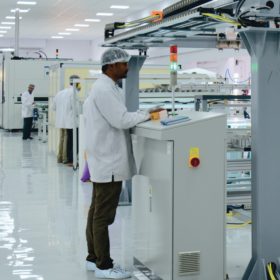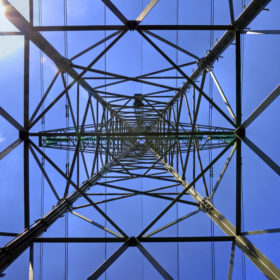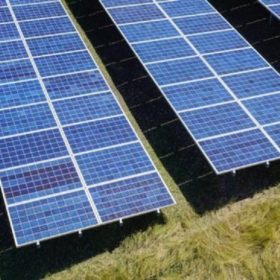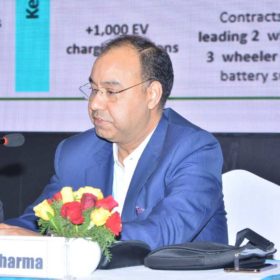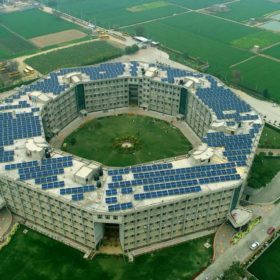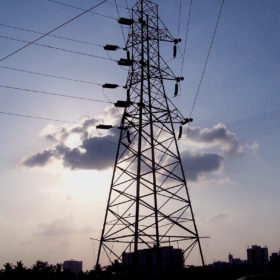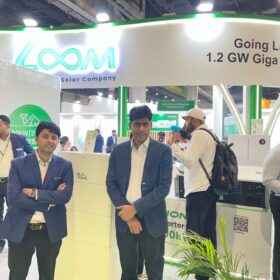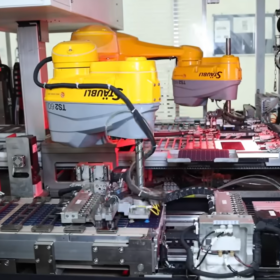Tamil Nadu discom halts renewable energy auctions
Tangedco’s reputation for late payments scared off developers in its latest two, failed tender exercises. The solution? Get government body SECI to hold the auctions, because everyone knows it pays on time!
SECI extends 3 GW bid deadline once again
State-owned Solar Energy Corp. of India (SECI) has once again extended the bid submission deadline for its latest 3 GW, manufacturing-linked solar tender, following a tepid response.
New factory-focused solar tender reportedly in the offing
With last year’s embarrassing manufacturing-linked capacity tender limping along, it has been reported that the Indian government – whichever form it takes after the current elections – is considering a new tender to incentivize the establishment of a domestic solar industry.
Power-surplus Karnataka state says no to new solar
India’s leading solar region has been forced to apply the brakes to new solar with its power distribution companies having fulfilled their renewable purchase obligations for the next two years. Projects driven by federal agencies will continue, however.
Tackling India’s solar waste challenge
As the nation aims for 100 GW of solar capacity by 2022 it is staring at up to 1.8 million tons of PV waste by 2050. A solar waste management seminar organized by consultancy Bridge To India in New Delhi brought stakeholders together to discuss how a PV waste management system could help.
India could add 7-7.5 GW solar capacity this fiscal, predicts ICRA
The solar capacity addition of 7-7.5 GW in FY2019-20 will be 15% higher than a subdued 6-6.5 GW in FY 2018-19. Of the total, 1 GW would come through open access/group captive route and grid-connected rooftop.
Solar and storage working in tandem—Exicom Interview
Storage companies are working with solar developers towards strategic alliances, says Naveen Sharma, Vice President-Sales & Strategic Planning, Exicom Power Solutions—an electric vehicle (EV) infrastructure developer that has set up an R&D centre in Bengaluru to facilitate development of lithium-ion battery packs. In an interview with pv magazine, Sharma also talked about the current scenario for Li-ion battery storage manufacturing in India and strategies to succeed.
Akal University’s 1.2 MW solar project is Punjab’s largest for rural institutions
This 1.2 MWp project would generate more than 80% of power requirements of the Akal University and 13 Akal Academies. It has been built at a total cost of Rs 5.2 crore, out of which the Ministry of New and Renewable Energy has provided a total subsidy of around Rs 1.7 crore.
Electricity generation to grow at 7% in FY19: CARE Ratings
Nevertheless, bringing down aggregate technical and commercial (AT&C) losses would be key to stabilising the power sector in India. Additionally, measures like smart-metering should be expedited and implemented in a time-bound manner, suggest the ratings agency analysts.
India to open bids for $5bn of new transmission line capacity
In response to feedback from the domestic renewable energy sector, the Indian government has revealed plans to launch $5 billion of tenders for new transmission lines, starting in phases from this summer.

